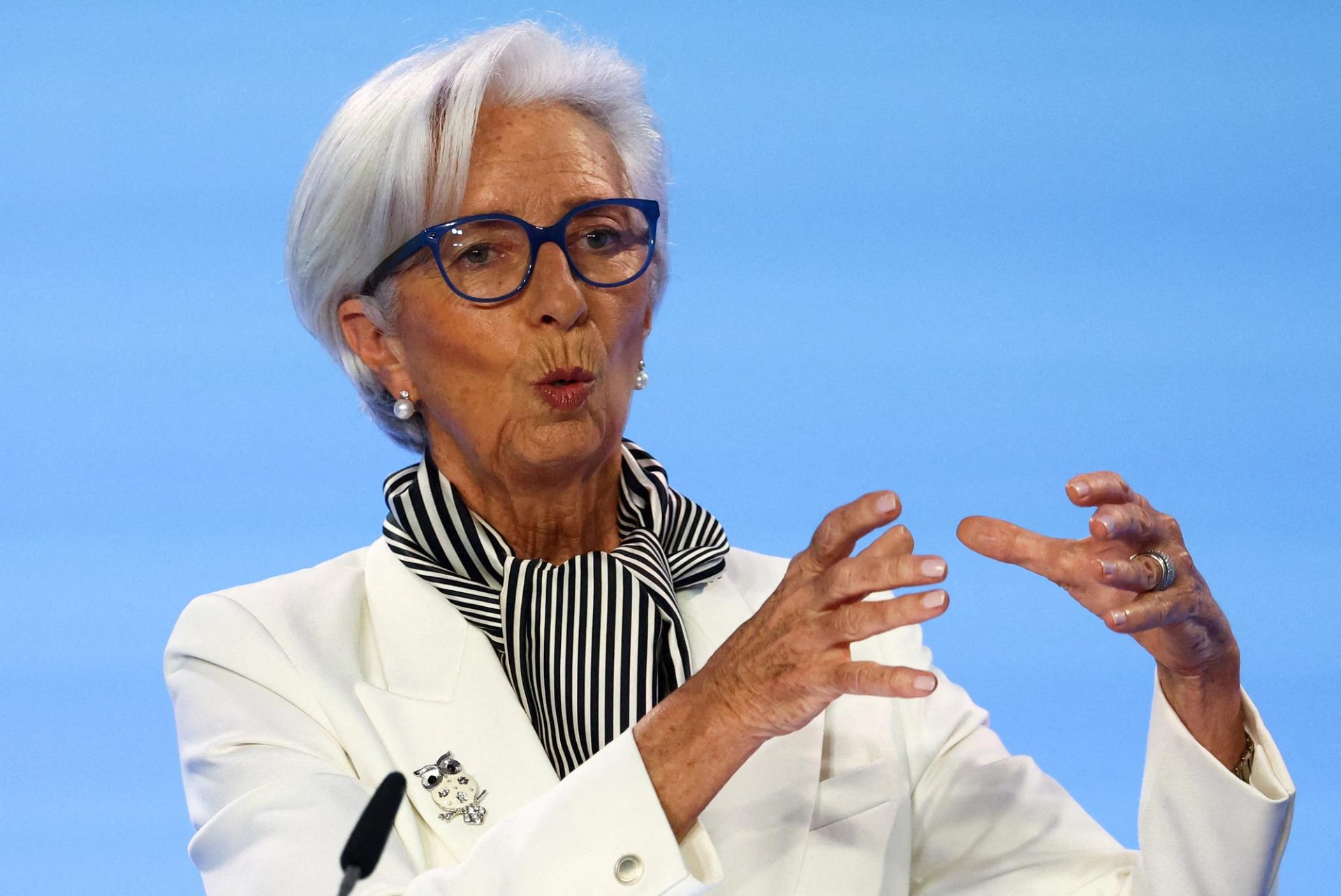The News
The European Central Bank held interest rates steady, but signaled that it will begin cutting in June. Traders are increasingly betting that the ECB will begin slashing rates before the U.S. Federal Reserve moves to do the same. While recent data in the eurozone has shown that inflation has eased slightly, it has not receded enough for policymakers to cut rates yet.
SIGNALS
ECB likely to remain cautious
Strategists with the Dutch bank ING believe that the ECB will remain cautious with its decisions for now. The central bank is in a rare position: It has been some time since it was leading the way on financial policy, economist Carsten Brzeski noted. It’s probable that when it does start moving to cut, it will reduce rates by just 75 basis points overall, though it will need to balance fears of an economic recovery fueling inflation against questions over accelerating disinflation, Brzeski wrote.
Possible Fed moves first, analyst says
While financial analysts have said that the ECB will likely beat Washington to the punch on cutting rates, a former Bank of England policymaker believes that the Fed will move first, given a tendency for the U.S. to move more aggressively with such decisions. “I think things move a little faster in the U.S., quite frankly,” DeAnne Julius, a founding member of the Monetary Policy Committee of the Bank of England, told CNBC. “The labor market adjusts more quickly.”. Since the ECB needs to reach a consensus with European Union member states’ central banks — some of whom are still struggling with aggressive inflation — the bank often moves slower than its American counterpart, she said.
Order of rate cuts will impact markets
The order in which the banks cut rates could impact how markets respond: If the ECB moves first, it’s possible that the euro will devalue, The Wall Street Journal noted. In turn, that could increase import prices in Europe, which could then lead to a return of inflationary pressures. One analyst told the paper that “market moves would be bigger if the Fed remains on hold for longer and the ECB keeps easing.”

